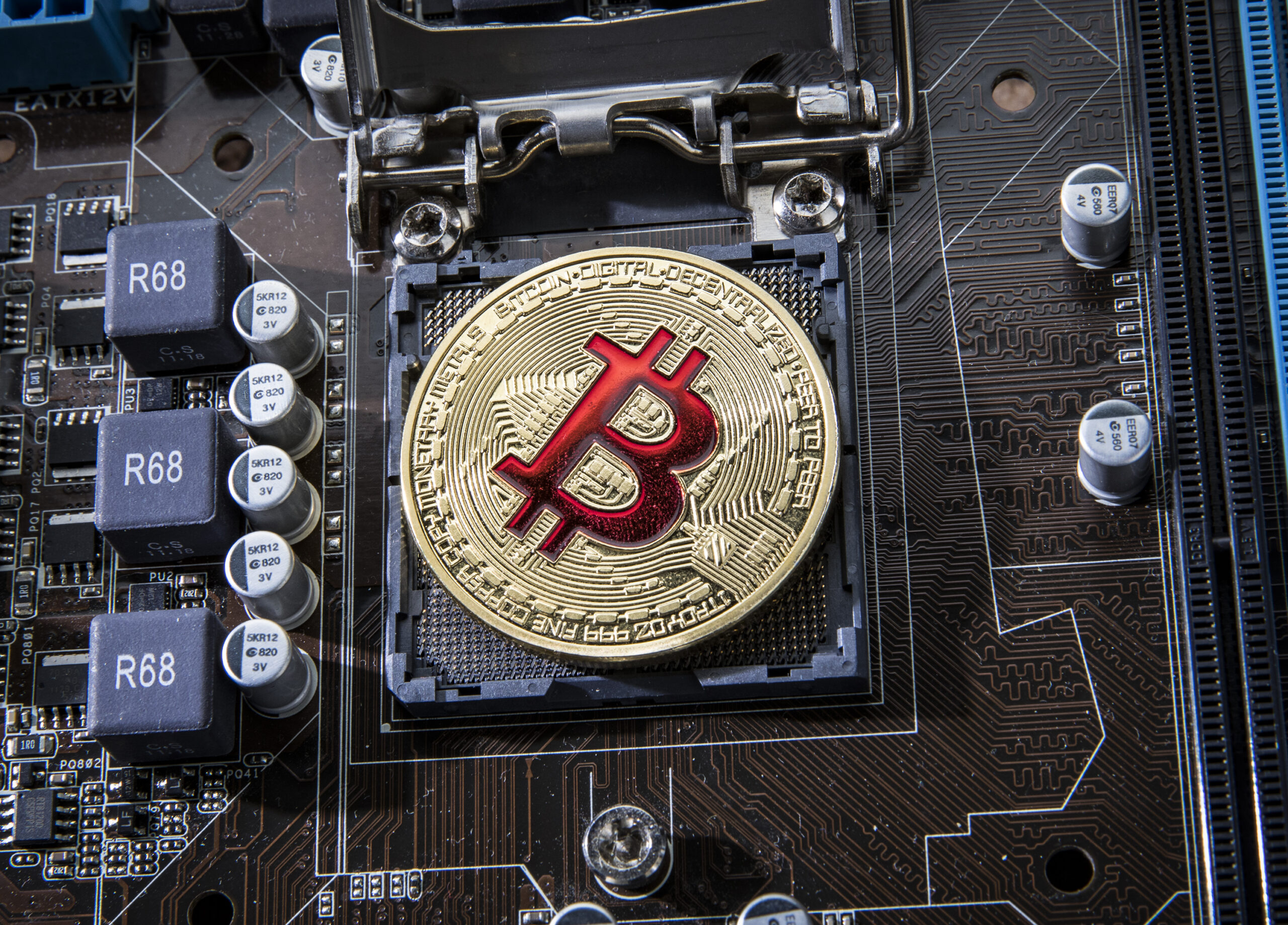Let’s break it down in layman’s terms: short selling is when a trader bets that a stock’s price will go down. They borrow the stock, sell it at its current price, and then wait for the price to drop. When (or if) it does, they buy the stock back at the lower price, return it to the lender, and pocket the difference. Sounds simple, right?
The concept behind short selling is essentially making money on the decline of a stock’s value. While that sounds like rooting for failure, in reality, it’s not that cut and dry. Sure, some traders may target overvalued stocks or companies struggling to keep their heads above water, but others argue that short selling is actually a key component in maintaining market efficiency.
And here’s where the ethics come in: Is it okay to make a profit off someone else’s downfall? Or are short sellers the financial whistleblowers, exposing the rotten underbelly of overhyped stocks?
The Ethical Dilemma: Is It Right to Bet Against the Market?
Ah, ethics. The eternal battleground of right versus wrong, especially when money’s involved. Short selling brings up a host of moral questions.
Critics argue that short sellers are market vultures, profiting from corporate collapse and, in some cases, accelerating that collapse by spreading fear and doubt. There are plenty of stories of companies on the edge, only to be pushed into a downward spiral by traders taking large short positions. Not exactly a feel-good story.
But proponents see it differently. They argue that short sellers are doing the market a favor by identifying overvalued stocks and exposing companies that are engaging in questionable or fraudulent activities. Think about the famous cases of Enron and Lehman Brothers. Short sellers played a pivotal role in revealing the shaky foundations of these corporations before their collapse.
So, are short sellers unethical opportunists, or are they acting as a watchdog, sniffing out the bad apples in the market?
The Role of Short Selling in Market Stability
Let’s pivot to the big question: does short selling actually help or hurt market stability? Because for every claim that short sellers are market manipulators, there’s an argument that they play a stabilizing role in the broader financial ecosystem.
The Case for Market Stability
One of the key arguments in favor of short selling is that it enhances price discovery. In simple terms, it helps bring a stock’s price in line with its actual value. If a stock is overvalued, short sellers help bring the price down to a more reasonable level, which theoretically prevents bubbles from forming.
In the absence of short selling, some argue that prices would become skewed as there’s no counterbalance to bullish investor sentiment. This can lead to irrational exuberance—a fancy way of saying investors go crazy and drive stock prices way higher than they should be. And we all know what happens when bubbles pop. Hello, 2008 financial crisis!
Short selling can also increase market liquidity. Since short sellers borrow and sell shares, they add to the pool of available stock, which allows buyers and sellers to trade more easily. More liquidity generally means smoother functioning markets.
The Case Against Market Stability
But it’s not all sunshine and rainbows. While short selling may enhance price discovery, there’s also evidence to suggest that it can exacerbate market downturns. In times of financial stress, short sellers can pile on, driving prices down faster and further than they might have fallen on their own. This creates panic selling, where investors start dumping stocks in a frenzy, leading to a cascading effect that destabilizes markets.
Remember the meme stock frenzy of 2021? When retail investors on Reddit targeted heavily shorted stocks like GameStop, they caused massive volatility in the markets. Short sellers lost billions, but the ensuing chaos showed just how disruptive short selling can be when emotions run high and market dynamics spiral out of control.
Regulation: Keeping Short Selling in Check
The ethical concerns surrounding short selling have prompted various regulations aimed at curbing its potentially destabilizing effects.
For example, during times of financial crisis, regulators have implemented short-selling bans on certain stocks to prevent a freefall. After the 2008 crash, the SEC banned short selling on financial stocks to prevent the complete collapse of the banking sector. In Europe, regulators imposed short-selling restrictions during the 2010-2011 sovereign debt crisis to stabilize markets.
But do these measures actually work? Critics of short-selling bans argue that they don’t solve the underlying problem and might even make things worse by creating artificial price floors and reducing market liquidity. Instead of allowing the market to correct itself, these bans can lead to inflated prices that eventually come crashing down anyway.
On the flip side, supporters of regulation argue that in extreme cases, intervention is necessary to prevent market freefall and restore investor confidence.
The Impact on Companies: Is Short Selling a Death Sentence?
Short selling can have a very real impact on companies, and not always in a good way. For struggling companies, a large amount of short interest can spook investors and lead to a loss of confidence, which in turn can make it harder for the company to raise capital or execute a turnaround plan.
But for companies with inflated valuations or shady practices, short sellers are a crucial check. They can force management to address weaknesses or expose fraudulent activity that might otherwise go unchecked. In this sense, short sellers can be the heroes of the market—albeit uncelebrated ones.
However, we can’t ignore the instances where short sellers have been accused of unethical practices, like spreading false rumors or using aggressive tactics to drive a company’s stock down. When done in bad faith, short selling can harm not only the company in question but also its employees, shareholders, and even the broader economy.
Conclusion: Necessary Evil or Market Savior?
So where does that leave us? Is short selling an unethical practice that preys on vulnerable companies, or is it a vital part of a functioning market that ensures price discovery and liquidity? As with most things in finance, the truth lies somewhere in between.
Short selling has undeniable benefits for market stability, but it also comes with risks that can amplify volatility and lead to unintended consequences. Its ethical standing depends largely on the intentions and tactics of those who engage in it.
At the end of the day, short selling is neither all good nor all bad. It’s a tool—one that can be used responsibly to improve market efficiency or abused for profit at the expense of others. The key is to strike a balance, ensuring that short selling can serve its purpose without undermining market confidence or stability.
FAQs
1. Is short selling illegal?
No, short selling is a legal trading strategy, although it is regulated in many countries to prevent market manipulation.
2. Can short selling destabilize the market?
While short selling can enhance market efficiency, it can also exacerbate downward market movements, leading to greater volatility.
3. Why do some people consider short selling unethical?
Critics argue that short selling profits from the decline or failure of companies, which can harm shareholders, employees, and the broader economy.
4. How does short selling contribute to price discovery?
By betting against overvalued stocks, short sellers help bring prices in line with their true value, preventing bubbles from forming.
5. What happens during a short squeeze?
A short squeeze occurs when a heavily shorted stock’s price rises, forcing short sellers to buy back shares at a loss, driving the price even higher.
Short on trading guidance? Join our Discord today!



